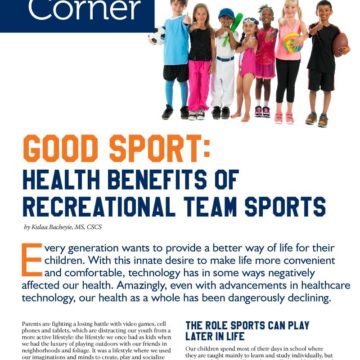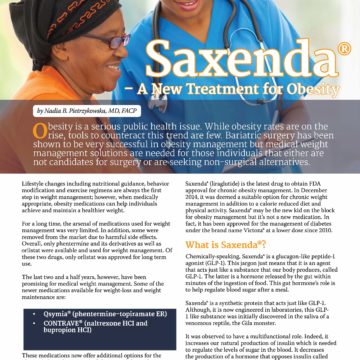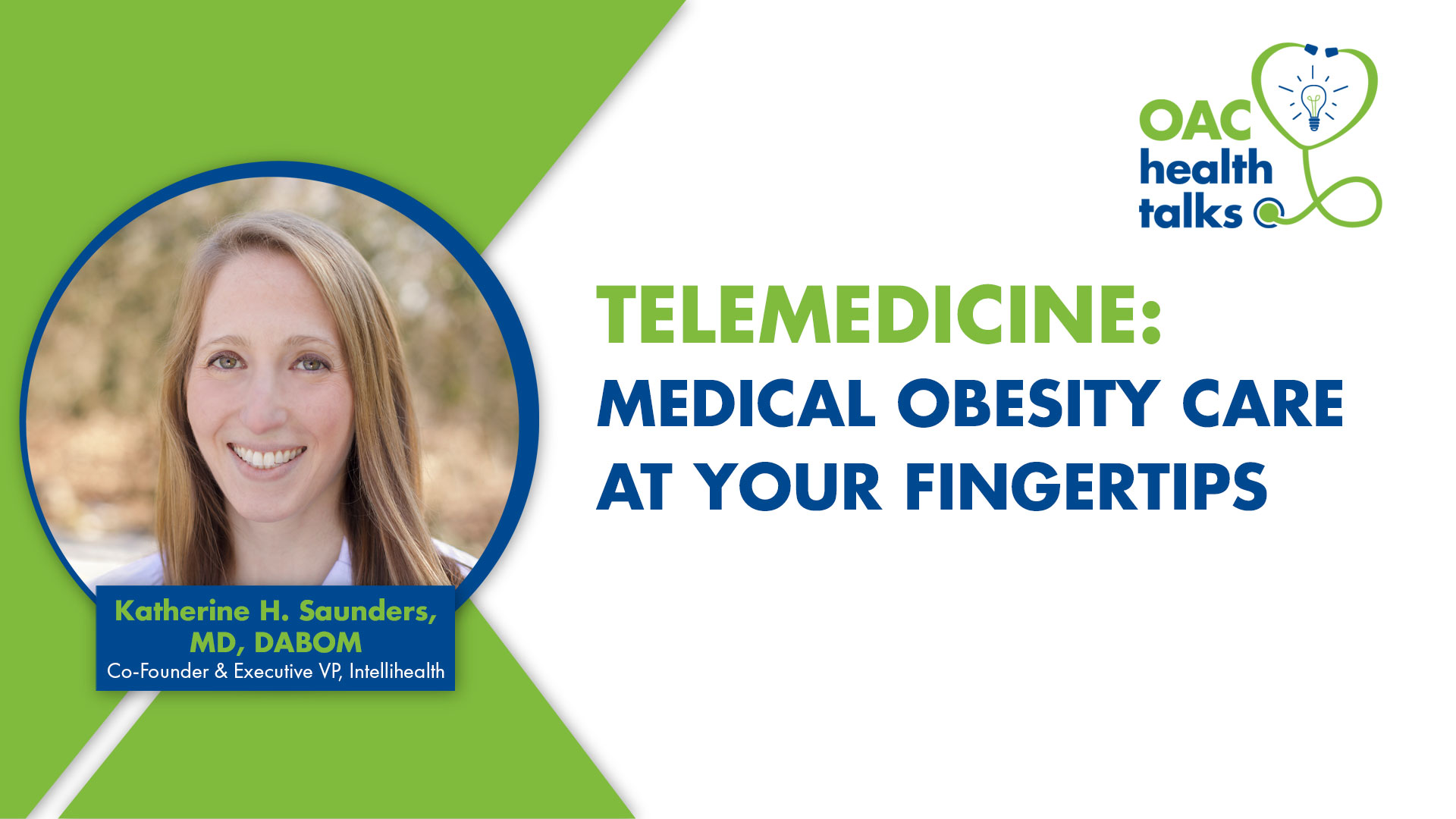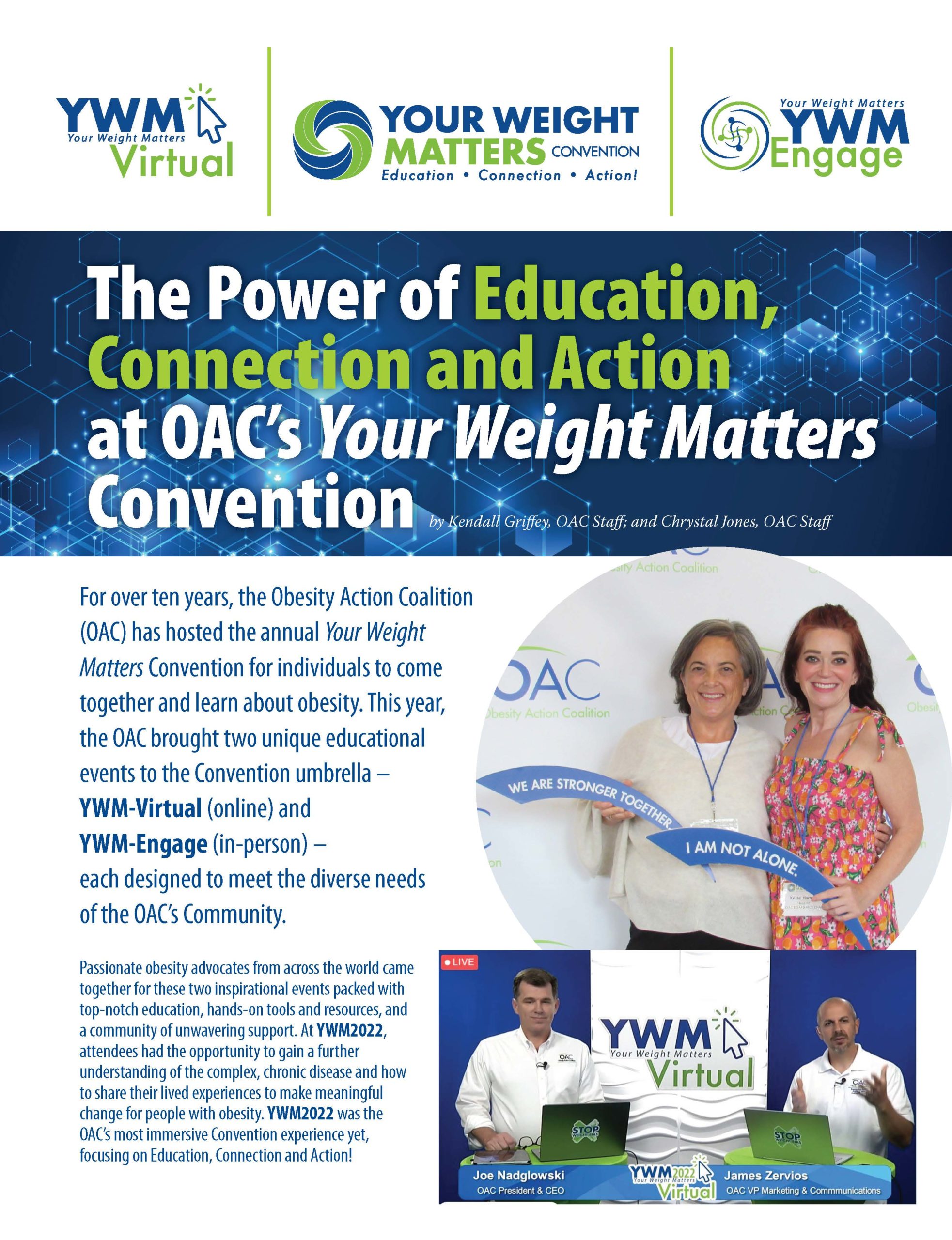Significant Weight-loss & Plastic Surgery

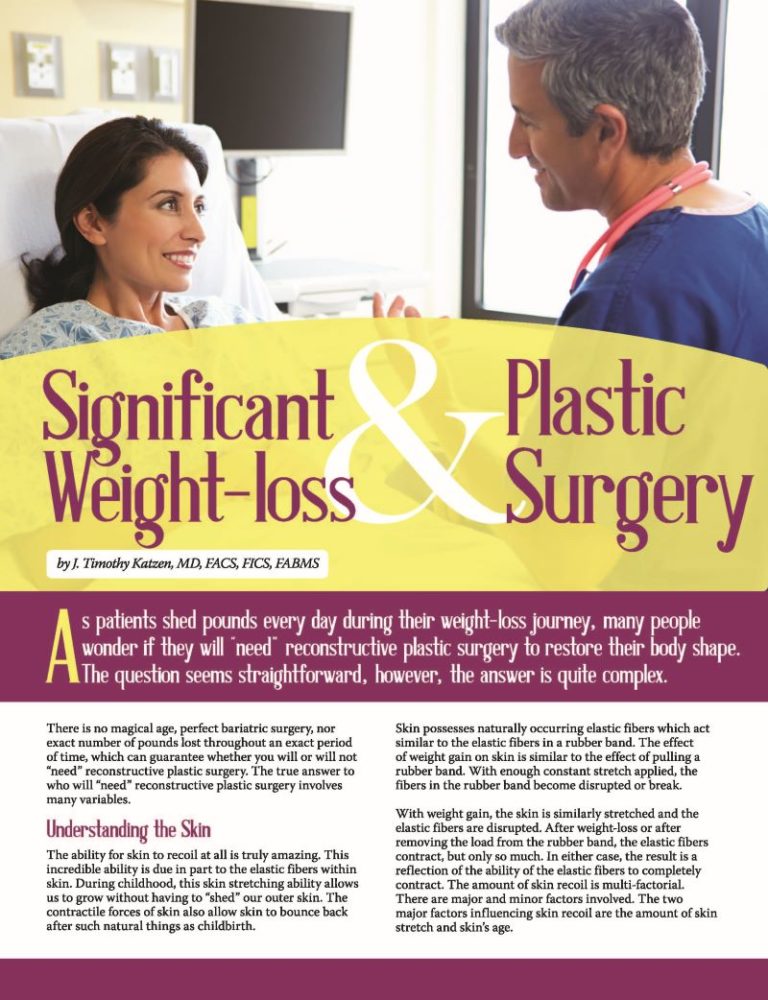
by J. Timothy Katzen, MD, FACS, FICS, FABMS
Spring 2015
As patients shed pounds every day during their weight-loss journey, many people wonder if they will “need” reconstructive plastic surgery to restore their body shape. The question seems straightforward, however, the answer is quite complex.
There is no magical age, perfect bariatric surgery, nor exact number of pounds lost throughout an exact period of time, which can guarantee whether you will or will not “need” reconstructive plastic surgery. The true answer to who will “need” reconstructive plastic surgery involves many variables.
Understanding the Skin
The ability for skin to recoil at all is truly amazing. This incredible ability is due in part to the elastic fibers within skin. During childhood, this skin stretching ability allows us to grow without having to “shed” our outer skin. The contractile forces of skin also allow skin to bounce back after such natural things as childbirth.
Skin possesses naturally occurring elastic fibers which act similar to the elastic fibers in a rubber band. The effect of weight gain on skin is similar to the effect of pulling a rubber band. With enough constant stretch applied, the fibers in the rubber band become disrupted or break.
With weight gain, the skin is similarly stretched and the elastic fibers are disrupted. After weight-loss or after removing the load from the rubber band, the elastic fibers contract, but only so much. In either case, the result is a reflection of the ability of the elastic fibers to completely contract. The amount of skin recoil is multi-factorial. There are major and minor factors involved. The two major factors influencing skin recoil are the amount of skin stretch and skin’s age.
Natural Factors
With weight gain, there is stretching of the skin. With weight-loss, the skin tries to recoil. Unfortunately, the elastic qualities of the skin are not perfect and the skin does not completely recoil.
Factors Impacting the Inability of Skin to Recoil:
- Age significantly influences skin recoil. Younger skin has better elastic qualities and thus, has more inherent ability to “spring” back.
- Other factors include genetics, age, the rapidity of weight-loss, and the amount of stretch.
Unfortunately, most of these factors cannot be influenced.
Factors that can positively influence skin recoil include:
- Avoiding sun exposure
- Quitting smoking
- Losing weight throughout a “longer” period of time
Typically, the more significant the stretch on the skin, the less likely the skin will shrink completely. Thus, the more weight you lose, the more likely you will “need” reconstructive plastic surgery.
With massive weight-loss, skin folds develop. These skin folds can harbor bacteria and cause chronic skin infections. In turn, these chronic skin infections can cause severe skin problems including odors, boils, skin breakdown and even bleeding. Typically, these patients “need” reconstructive plastic surgery.
Financial Factors
For some, reconstructive plastic surgery can be very expensive. If finances are an issue, please seek a Board-certified plastic surgeon who is willing to submit to your medical insurance for reconstructive plastic surgery. Since every state is different and every insurance policy is different, it is worth attempting to get your reconstructive surgery covered by your medical insurance. Fortunately, many medical insurance companies cover reconstructive plastic surgery after massive weight-loss. If your medical insurance can cover your surgery, this can influence your “need” of reconstructive plastic surgery.
Psychiatric Factors
After massive weight-loss, some patients feel worse. They see all the rolls of excess skin and question why they lost all the weight. For these patients, reconstructive plastic surgery may be even more important than the bariatric surgery. These patients “need” reconstructive plastic surgery to feel complete and whole.
Conclusion
Only you will know if you “need” reconstructive plastic surgery. No one else should make the decision for you. Everyone has their own personal reasons for undergoing reconstructive plastic surgery. Some patients do not know they will “need” reconstructive plastic surgery until they have lost all their weight. Some patients do not know until years later, when their skin fails to retract. Some patients “need” reconstructive plastic surgery to eliminate skin rashes. Some patients “need” reconstructive plastic surgery to remove excessive skin to exercise effectively. Some patients are content with their appearance, whereas others feel the “need” to have the excess skin and fat removed to feel “normal.”
After massive weight-loss, due to the remaining skin and fat, some patients feel incomplete and “need” reconstructive plastic surgery to “complete” their weight-loss journey. Whatever the reason, reconstructive plastic surgery after massive weight-loss is a very personal decision. Only you will know if you “need” reconstructive plastic surgery.
About the Author:
J. Timothy Katzen, MD, FACS, FICS, FABMS, is a Board Certified plastic surgeon who practices in Beverly Hills, CA and Las Vegas, NV. One of Dr. Katzen’s specialties is reconstructive plastic surgery after weight-loss. He has performed thousands of procedures on weight-loss patients from around the world. Dr. Katzen is published widely, lectures frequently, and has taught many plastic surgeons his unique techniques. Due to his expertise in reconstructive surgery after massive weight-loss, Dr. Katzen has been featured on many television and radio shows. To learn more about Dr. Katzen, please visit www.360bodylift.com.
by Kendall Griffey, OAC Communications Manager Spring 2024 We have officially kicked off Your Weight Matters Regional…
Read ArticleTelemedicine became a popular tool during the pandemic because it allows healthcare professionals to provide medical care…
View Videoby Kendall Griffey, OAC Staff; and Chrystal Jones, OAC Staff Fall 2022 For over ten years, the…
Read Article




